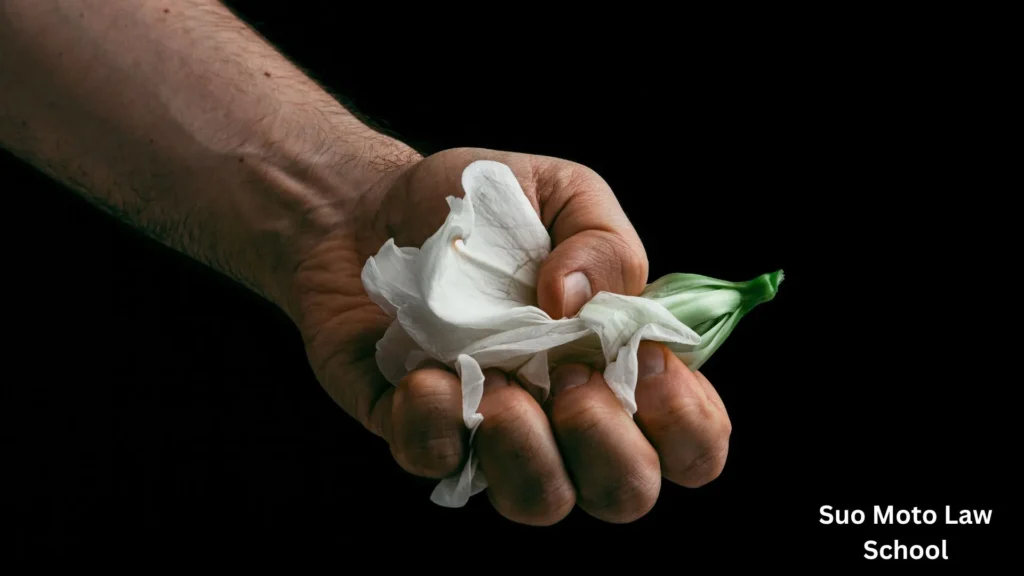Facts
In the case of State vs Shamsur Rahman Sikdar, on 21-9-1992 informant Shakhoat Hossain’s wife Ayesha was sleeping in their hut with their daughter Dilruba Sultana Fouzia aged about 14. At dead hours of night the accused persons cut the fencing of the room forcibly abducted Fouzia and kept her confined against her will in a rural village. During such Confinement, the accused Shamsur Rahman pretended to fake a marriage between them and raped her so many times. After 15 days Dilruba managed to escape from such confinement and return to her family after that they lodged an FIR.
The accused was acquitted of the charge under section 376 of the Penal Code while Conviction under section 4 Kha and 10 of the Cruelty to Women (Deterrent Punishment)Ordinance 1983 was affirmed.
Issues
- Will the Convicted be punished under the Cruelty to Women (Deterrent Punishment) Ordinance, 1983 in the case of State vs Shamsur Rahman Sikdar?
- Whether the High Court Division erred in law in reducing the sentence is legal?

Judgment
The process of passing a sentence is at the discretion of the Judge and is at the same time circumscribed by the law. The respondent was in custody during the pendency of the Appeal from 1993 to 2001 and therefore, served a term of imprisonment of about 8 years. The High Court Division has thought that the period served by the respondent was sufficient to meet the ends of Justice. For that reason, particularly in the case of State vs Shamsur Rahman Sikdar the court held that the appeal will be dismissed.
Justifications
Yes, the accused person will be punished under this ordinance. Learned Attorney-General, Mr. Biswajit Debnath appearing on behalf of the appellant submitted that because of clear findings of the High Court Division to the effect that it has been convincingly proved that the accused person particularly accused Shamsur Rahman Forcibly abducted victim Dilruba marriage.
According to the Cruelty to Women (Deterrent Punishment) Ordinance, 1983 the Court has the discretion to determine the term of imprisonment as it provides the punishment can be extended to 14 years. It is not compulsory to impose a higher term of punishment which is in this case 14 years.
Here the accused served 8 years imprisonment during the pendency of the appeal and the high court division was satisfied with the view that serving 8 years of imprisonment is enough to meet the ends of Justice. As the court has the discretionary power to determine the term, there is no illegality in reducing the punishment. That is why in the case of State vs Shamsur Rahman Sikdar, the court reduced the term of imprisonment for the accused person.
Laws referred
- Section 376, The penal code, 1860.
- Section 4 (c) and 10 of the Cruelty to Women (Deterrent Punishment) Ordinance, 1983.
- Section 342 of the Code of Criminal Procedure, 1898.

